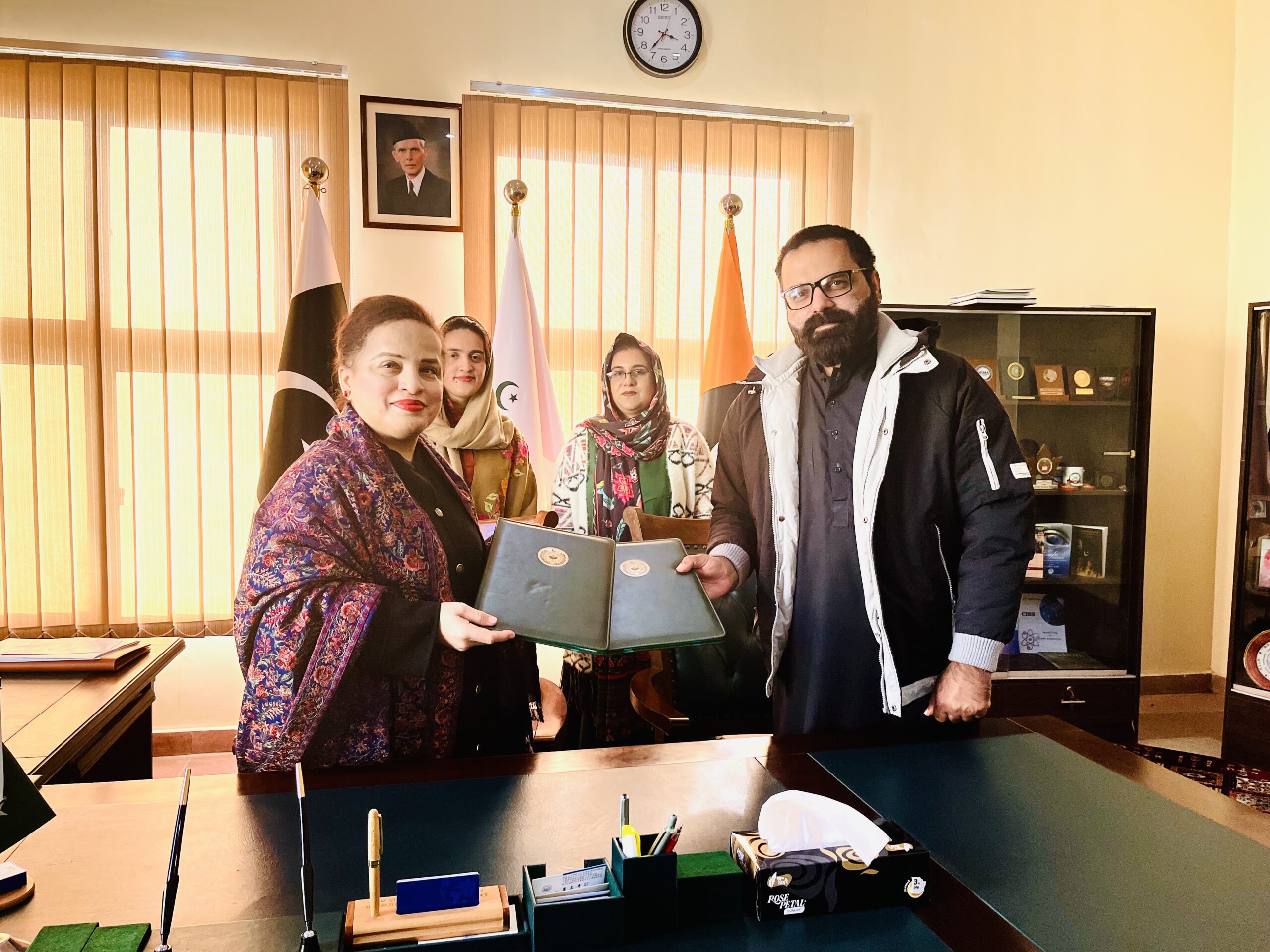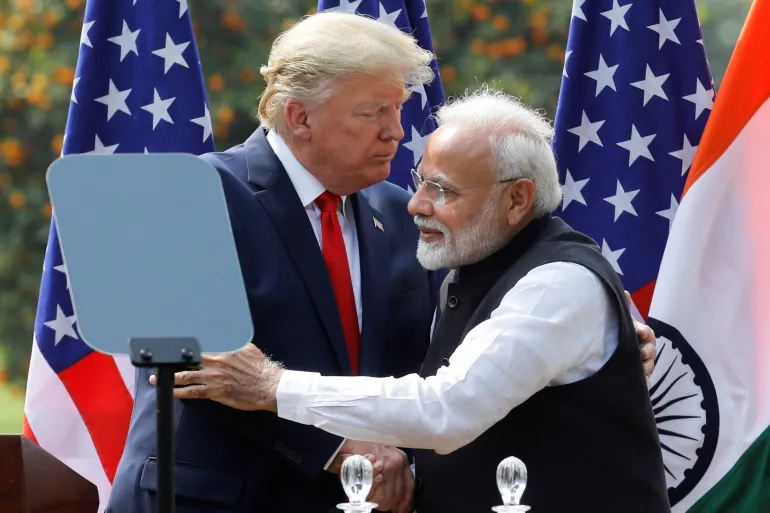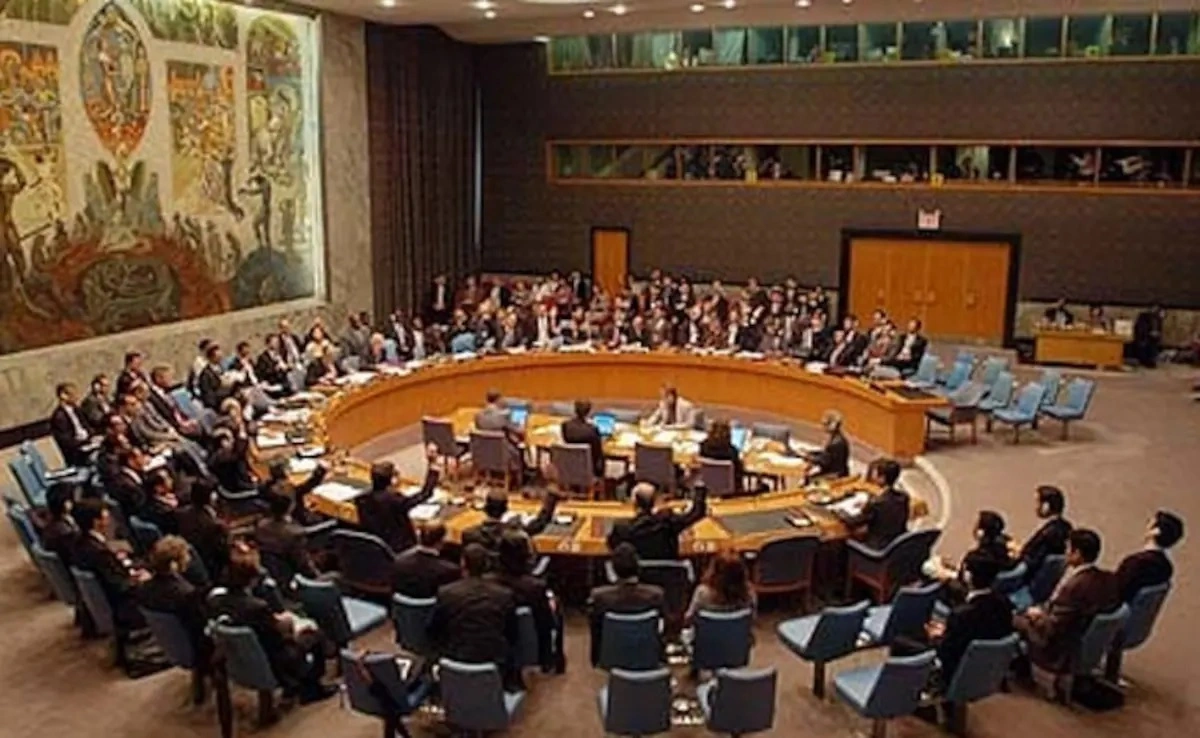ISLAMABAD: Pakistan told the United Nations on Monday it had “credible evidence” that a deadly attack on a passenger train in its southwestern region last month was externally sponsored, as it called for stronger global efforts to hold perpetrators behind such incidents accountable.
The statement referred to the March hostage-taking on the Jaffer Express passenger train in Balochistan province, which lasted about 36 hours before security forces launched an operation that killed more than 30 militants from the separatist Baloch Liberation Army (BLA).
Pakistan’s decision to highlight the passenger train incident at the world body came at a time when tensions remain high in the region following the killing of 26 tourists in Indian-administered Kashmir last week, an attack India blamed on Pakistan, despite Islamabad’s categorical denial.
“Just last month, Pakistan suffered a heinous terrorist attack by the BLA on Jaffar Express passenger train, which included the taking of hostages in Pakistan’s Balochistan province, which resulted in the loss of at least 30 innocent Pakistani nationals,” Jawad Ajmal, Counsellor at Pakistan’s UN Mission, said at the launch of the Victims of Terrorism Association Network at the UN. “Pakistan has credible evidence that this attack had external sponsorship from our adversaries in the region.”
Also See: Jaffar Express Tragedy: Known Evils, Unanswered Questions
Ajmal stressed the international community must do more to support survivors of such militant attacks and the families of victims whose lives are permanently altered after such developments.
He urged a collective approach to prevent future attacks, emphasizing the need to hold militants and their backers accountable without political selectivity.
“If we are to chart a way forward for victims, we must look beyond narrow political interests and geopolitical agendas,” he said. “We must examine why, despite global strategies, terrorism threats continue to proliferate and give rise to an ever-increasing number of victims.”
Commenting on the recent attack in Pahalgam in Indian-administered Kashmir, Ajmal said Pakistan extended condolences to the families of the victims and wished a speedy recovery to the injured.
He noted that Pakistan joined other UN Security Council members in condemning the attack.
The Pakistani diplomat added that his country was one of the worst victims of militant violence over the past two decades and had lost more than 80,000 lives to it.
He paid tribute to the families of his country’s law enforcement and armed forces personnel who had made “countless sacrifices” to defend the nation.
This news is sourced from Arab News and is intended for informational purposes only.

![Pakistan urges UN to hold perpetrators accountable for BLA's deadly attack on Jaffer Express train, citing external sponsorship. [Image via X/@PakistanUN_NY]](https://southasiatimes.org/wp-content/uploads/2025/04/4597025-725363039.webp)
![Prime Minister Narendra Modi with External Affairs Minister S. Jaishankar at an official event. [Photo Courtesy: Praveen Jain via The Print].](https://southasiatimes.org/wp-content/uploads/2026/02/20-scaled-e1755601883425-1024x576-1.webp)



